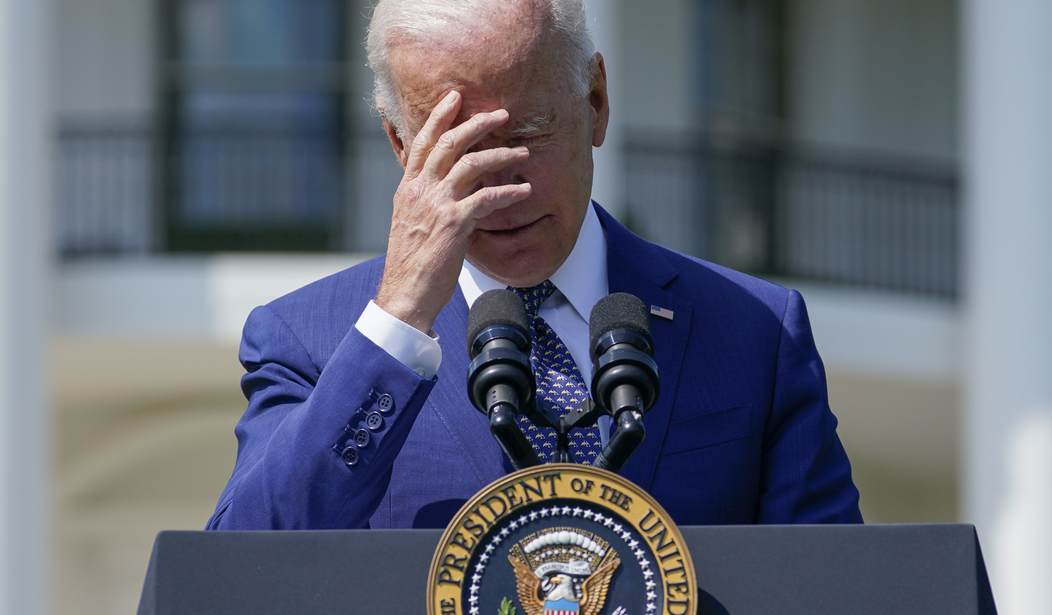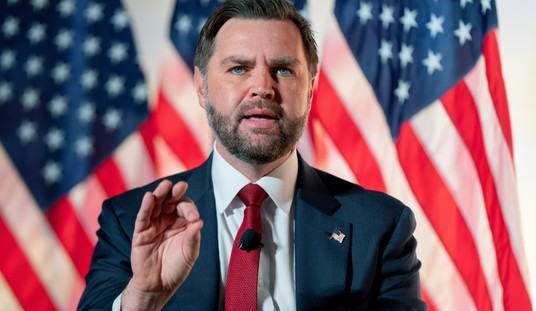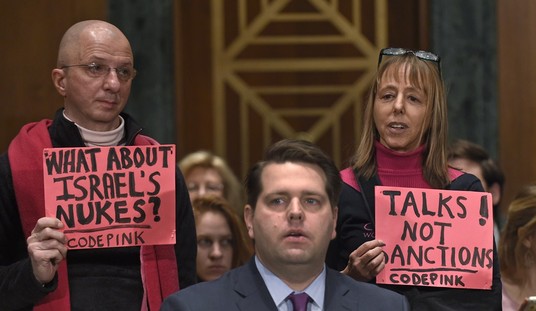One of the recently written flood of articles stemming from the ongoing Afghanistan crisis dares to proclaim that President Biden did nothing wrong in his abandonment of our ostensible ally.
This assertion is ludicrous.
Biden’s rash and politically motivated final drawdown of the U.S. military from Afghanistan has placed America’s national security in jeopardy via Afghanistan’s reversion to becoming a breeding ground for terrorism, damaged our national reputation amongst friend and foe alike, disrespected the countless sacrifices made by our armed forces over the past 20 years, squandered more than $1 trillion in tax dollars, and destroyed our nation’s ability to maintain a semblance of influence over a vital geopolitical region—a power vacuum that China will likely fill.
Afghanistan fell to the Taliban the moment that Afghan forces realized they could no longer rely on U.S. military support, especially by air. As a recent analysis convincingly illustrates, Taliban leaders were able to secure the surrender of Afghan military and government officials via bribes and guarantees of personal safety, once the latter realized America had abandoned them. (See also, Hollie McKay’s report on this.) And when Biden decided to continue the full withdrawal of our armed forces, the Taliban was poised to launch a blitzkrieg against Kabul.
Biden admits no responsibility for the situation, which directly contrasts his assertion that “the buck stops with me.”
Admiral James Stavridis—former Supreme Allied Commander of NATO during much of the Afghanistan occupation—laments that “it is hard to construct a positive scenario” resulting from the end of U.S. military involvement, referencing the host of deleterious factors already discussed.
Echoing Adm. Stavridis, former Vice President Mike Pence effectively emphasizes our national humiliation, contending that the crisis “has embarrassed America on the world stage, caused allies to doubt our dependability, and emboldened enemies to test our resolve. Worst of all, it has dishonored the memory of the heroic Americans who helped bring terrorists to justice after 9/11.” His claim that this is the worst foreign policy fiasco since the Iranian hostage crisis of 1979 rings true.
However, Pence’s argument falters with his defense of the Trump administration’s peace agreement with the Taliban, which could be seen as the genesis of this catastrophe. This is the agreement that released 5,000 Taliban fighters from Afghan prisons, many of whom swelled the ranks of terrorist organizations or immediately rejoined the Taliban insurgency. The Taliban has historically been a sponsor of terrorism, and trusting such an organization to live up to any settlement was naïve.
Sen. Ben Sasse (R-NE) articulated one of the better excoriations of American withdrawal in which he accurately holds both Biden and Trump accountable for the chaos:
Politicians lied: America’s options were never simply this disgraceful withdrawal or an endless occupation force of 100,000 troops (we haven’t had that in Afghanistan for a decade). America’s leaders didn’t tell the truth that our small, forward-deployed force of a few thousand was the backbone of intelligence and special forces’ successful work to decapitate terror organizations. The looming defeat will badly hurt American intelligence and give jihadis a safe haven in Afghanistan, again. America will regret this. Our allies will trust us less and our adversaries fear us less.
Rather than completely abandoning Afghanistan, we could have simply left our skeleton crew of approximately 2,500 special operators and support personnel within our fortified bases such as Bagram. And, we would likely have averted every negative outcome.
We could have continued to hunt terrorists, sustained American influence in the region, defended our ally, and upheld our international reputation.
We would not have lost countless vehicles, aircraft, drones, weapons, and intelligence to the Taliban.
We would not have wasted the sacrifice of our dead and wounded American soldiers.
We would not have squandered more than $1 trillion tax dollars (though some would still be lost).
Finally, the Afghan military—empowered and emboldened by our proximity and close air support—would not have brokered deals and surrendered to the Taliban.
One can forgive Trump for deigning to strive for a peaceful solution to such a long and costly war—especially because he was not presented with active intelligence of impending disaster, or advised against his course by various policy experts.
Biden was. And this is why we cannot forgive his actions.
Recent reports show that Biden was advised by members of his inner circle—including Chairman of the Joint Chiefs Mark Milley, Secretary of Defense Lloyd Austin, Secretary of State Antony Blinken, and National Security Advisor Jake Sullivan—to halt the drawing down of troops and re-evaluate our strategy based on a bevy of intelligence predicting exactly what has now come to pass.
Biden went ahead anyway.
One of these reports even claims that Biden proceeded because “he wanted to reorient American foreign policy onto what he sees as more pressing international matters, including competition with China, and domestic issues including infrastructure and battling COVID.”
First, what international matters would take precedence, especially in light of the unfolding disaster?
Second, we are now weaker compared to China because China will gain influence in Afghanistan based on our withdrawal.
Third, has Biden truly subordinated Afghanistan—and by extension, our national security and reputation—to infrastructure and more COVID-19 relief? It sounds as if Biden unilaterally decided that increasing funding towards food stamps by record amounts, allocating federal COVID-19 relief money towards school districts that defy lawful state orders, and supporting a $3.5 trillion “social spending bill” with essentially zero material benefits were more pressing items.
Whether Biden was motivated by his socialist agenda, political motivations, or otherwise, his course of action has made America weaker.
His decision to willfully ignore expert advice and intelligence on such a colossally important matter of national security and foreign policy—to look away from what was staring him in the face and refuse to adapt to changing circumstances—makes him unfit to lead.
Jack McPherrin is an editorial intern at The Heartland Institute.










Join the conversation as a VIP Member